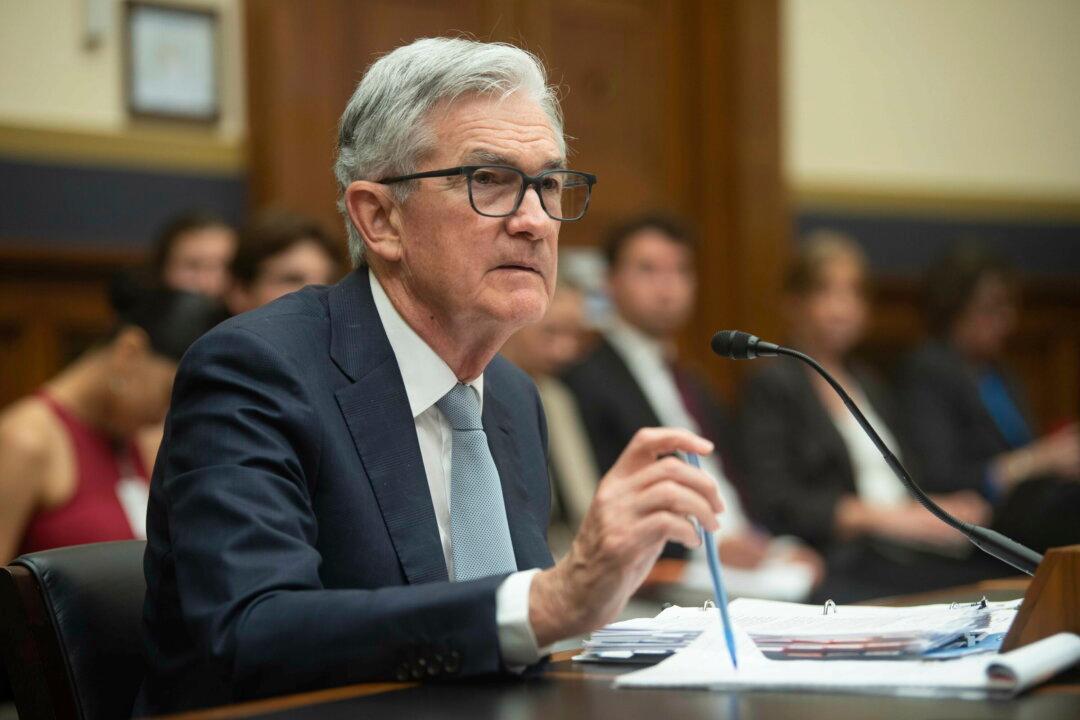If the Federal Reserve shies away from its current policy of raising rates and tightening the money supply, it wouldn’t alleviate pressures in the market, at least not for long, according to investment analyst Michael Lebowitz. Instead, it may crush the economy.
The Fed started to tighten the credit spigots earlier this year in order to curb demand and slow down price inflation, which rose to 9.1 percent in June—a four-decade high. The tightening needs to continue until inflation drops enough to instill confidence in the bond market, Lebowitz suggested in a recent Wealthion interview.





